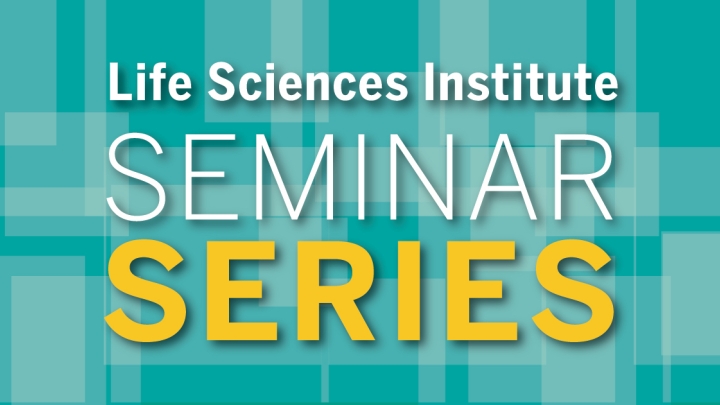
Placement and replacement of neuronal mitochondria
Neurons are highly dependent on mitochondria, but they also face exceptional problems in trying to maintain the necessary energy supply throughout their extended architecture. Neurons must last a lifetime, but their proteins turn over in hours or weeks. Although a mitochondrion may be needed in a distant synapse, the genes that encode its proteins are mainly encoded in the nucleus. Axonal transport of mitochondria is a crucial part of the solution, but so too is the transport of mRNA to support the local synthesis of mitochondrial proteins. The need for local synthesis is particularly acute in the case of the Parkinson’s disease protein PINK1; absent such synthesis, acutely damaged mitochondria cannot be cleared rapidly by mitophagy.
About the Speaker
Neurons are highly dependent on mitochondria, but they also face exceptional problems in trying to maintain the necessary energy supply throughout their extended architecture. Neurons must last a lifetime, but their proteins turn over in hours or weeks. Although a mitochondrion may be needed in a distant synapse, the genes that encode its proteins are mainly encoded in the nucleus. Axonal transport of mitochondria is a crucial part of the solution, but so too is the transport of mRNA to support the local synthesis of mitochondrial proteins. The need for local synthesis is particularly acute in the case of the Parkinson’s disease protein PINK1; absent such synthesis, acutely damaged mitochondria cannot be cleared rapidly by mitophagy.


